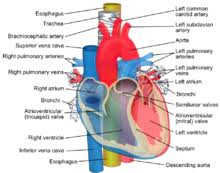Know about impotency 1

Know about impotency 1 Brought to U.... http://successgain.us and http://successgain.info My memories Know about impotency 1 Posted in 2015 Many people across the Globe asked me to explain in details about IMPOTENCE. Many people are suffering from this problem. Let us discuss each and every. What Is Impotence? Impotence is a condition that consistently affects a person’s ability to achieve or maintain an erection, or ability to achieve ejaculation. It’s a form of erectile dysfunction (ED). There can be several contributing factors for impotence. These include both emotional and physical disorders. According to The Merck Manual, an estimated 50 percent of men ages 40 to 70 experience some ED at one time or another. The risk of impotence increases with age. It’s also been noted that men with more education are less likely to experience impotence, probably because they have healthier lifestyles on average. Impotence often has a negative affec...









